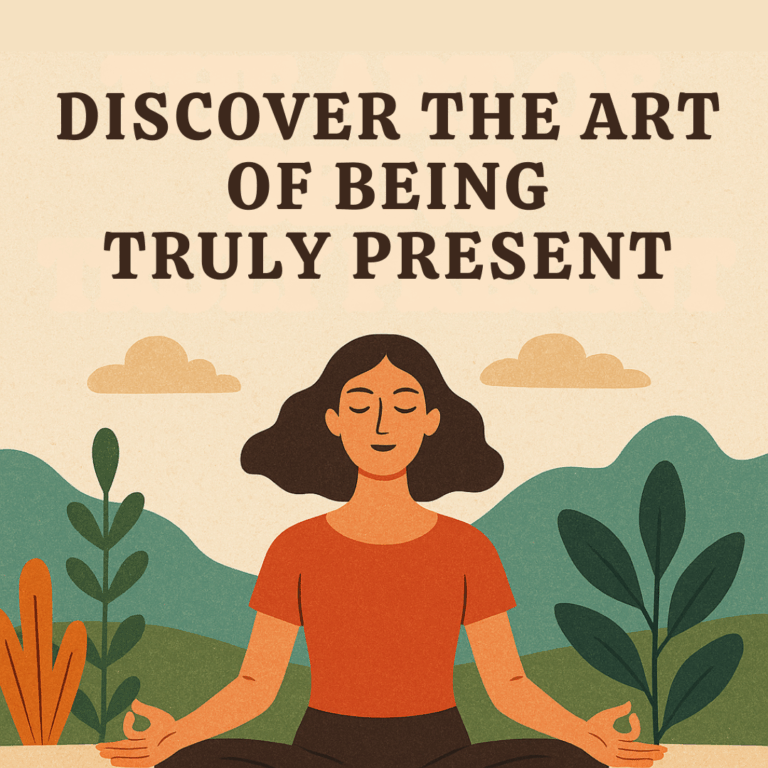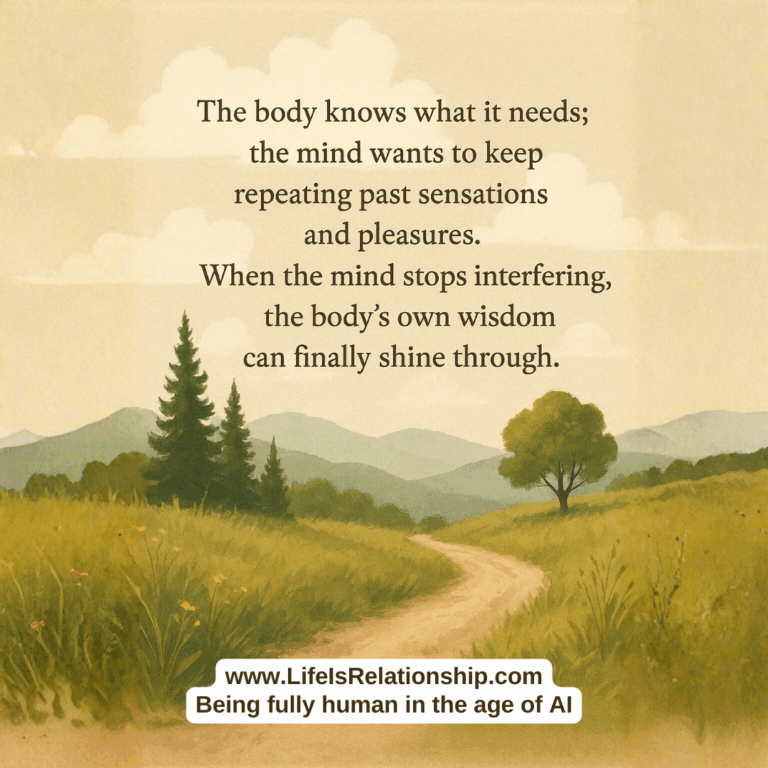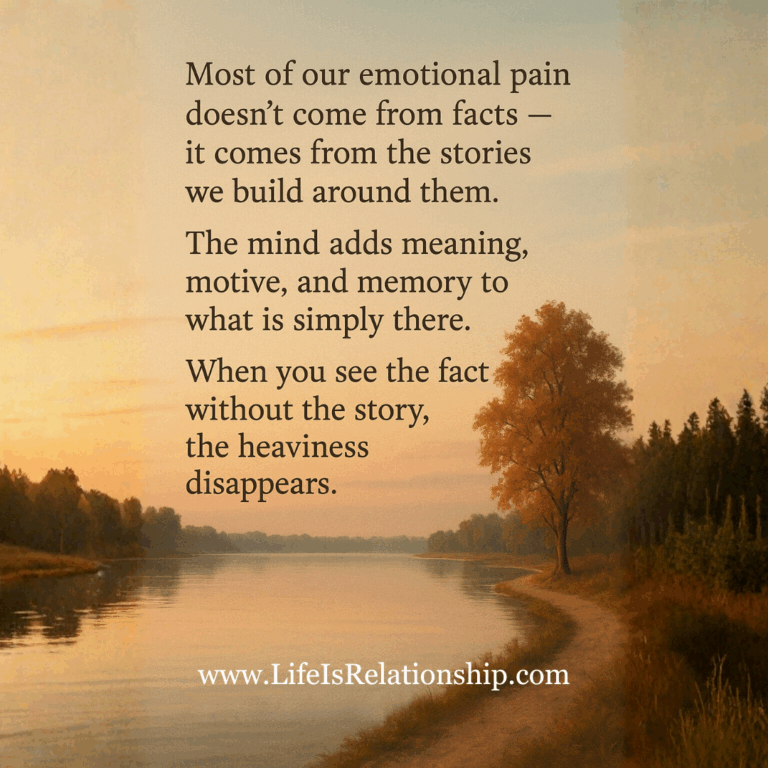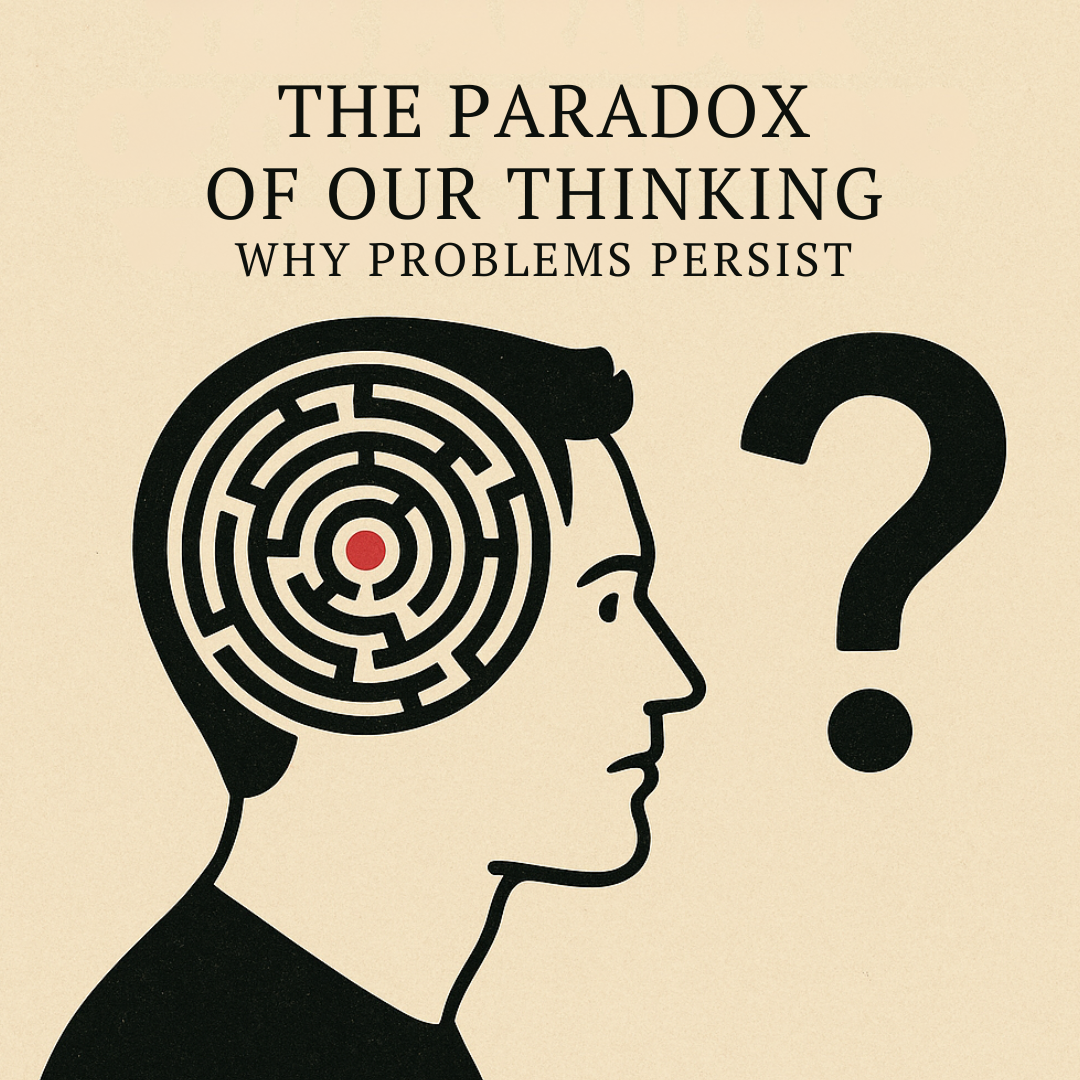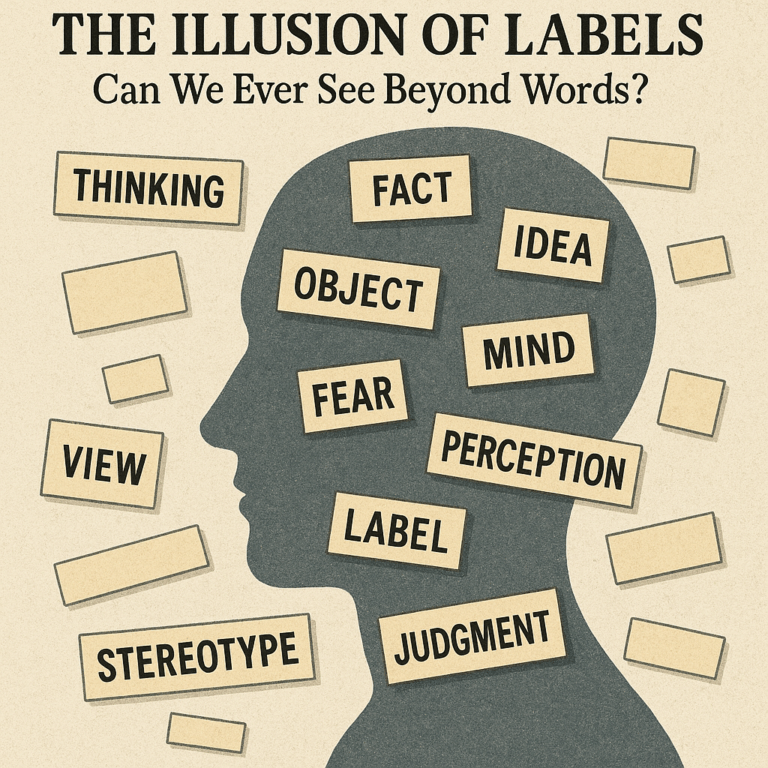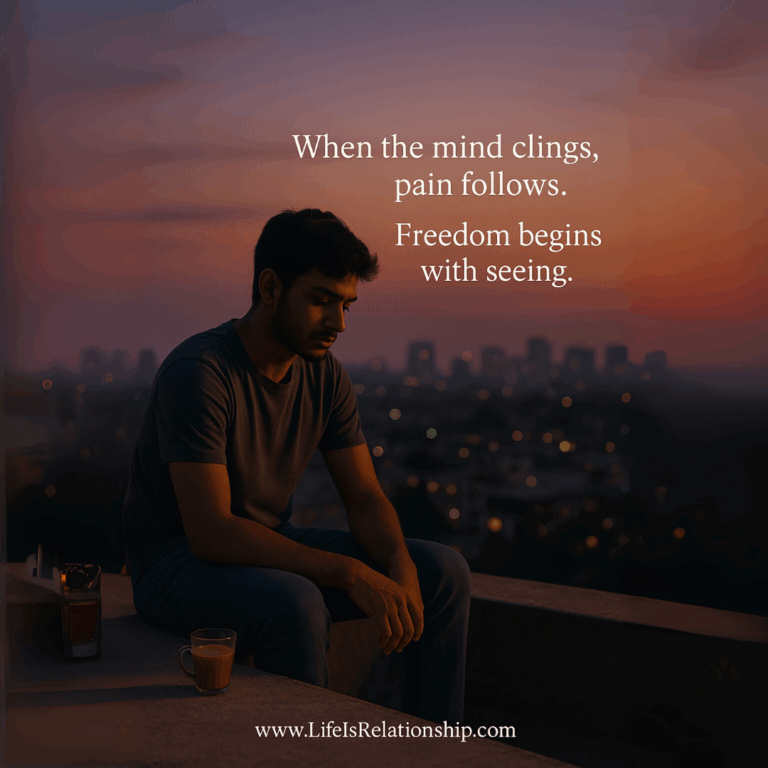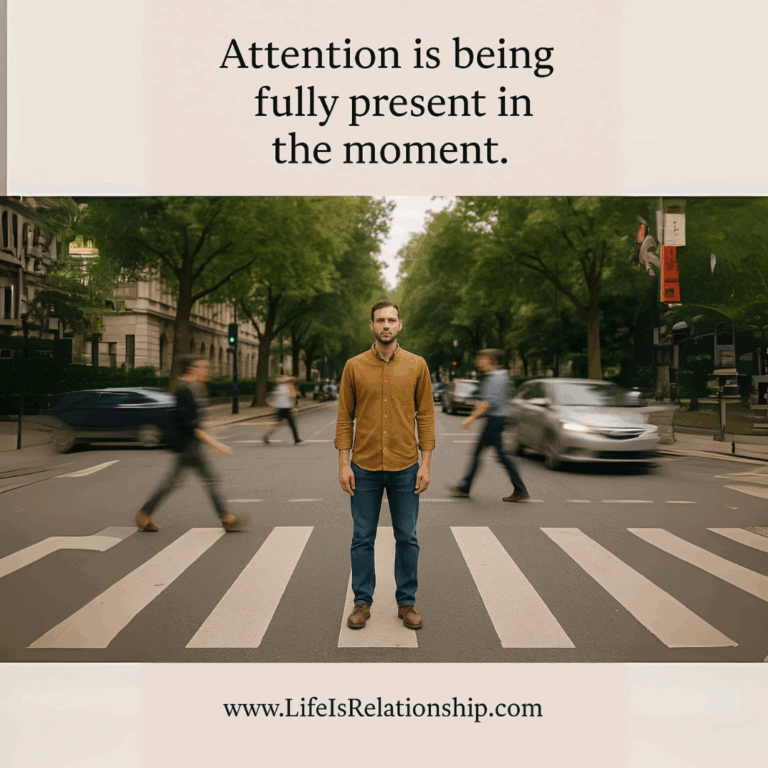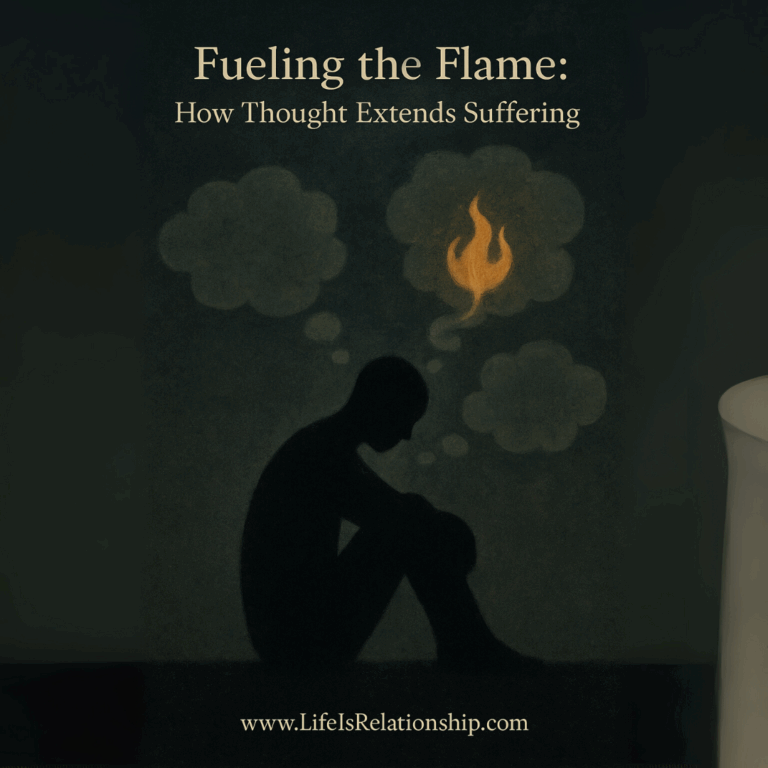The belief that sharing our pain with others lightens the burden is deeply ingrained in human culture. It is comforting to think that expressing our suffering to someone else can bring us relief. Yet, does it genuinely resolve the pain, or is it merely a temporary escape? This question is worth exploring more deeply.
The Cycle of Repetition
When we narrate our pain repeatedly, whether to ourselves or to others, are we not reinforcing the very suffering we wish to escape? Each time we recount our hardships, we relive the emotions, bringing them to life again and again. Far from diminishing our pain, this process embeds it more deeply in our minds.
For instance, consider someone who has faced betrayal in a close relationship. Recounting the experience repeatedly to friends may initially feel cathartic, but over time, does it not keep the betrayal fresh in the mind, intensifying the hurt? Does this habitual reliving heal us, or does it entrench the suffering further by solidifying our identification with the pain?
Seeking Sympathy or Validation
Often, the act of sharing stems from a need for sympathy, validation, or comfort. When we narrate our suffering, we might unconsciously seek others to affirm our feelings or to reassure us that our pain is justified. While this may provide a fleeting sense of relief, does it address the root cause of our suffering? Or does it merely perpetuate dependence on external sources for comfort?
Understanding the Root of Suffering
Perhaps the real challenge lies not in sharing but in understanding. Pain does not arise in isolation; it often stems from our deeply held ideas, identifications, expectations, and attachments. For example, the fear of failure in a career or relationship is often tied to an attachment to specific outcomes or the need to maintain a certain image of ourselves.
If we can observe these attachments inwardly, without judgment, we might begin to uncover the root causes of our suffering. What happens if we ask: Why am I attached to this particular outcome? Why do I expect life to conform to my desires? Such questions, explored with honesty and clarity, can reveal the mechanisms of the mind that perpetuate pain.
The Illusion of Relief
Sharing our pain often feels like unburdening, but it may only provide temporary relief. True freedom comes not from repeating our suffering but from directly observing it. Can we meet our pain without labeling it, justifying it, or escaping it? Can we simply observe its nature without identifying with it as “mine”?
When we approach suffering with awareness and curiosity, we create the possibility for insight. Through this clarity, the walls of conditioning—the attachments, fears, and identifications that sustain our pain—begin to dissolve naturally.
Meeting Life Afresh
Life, as it unfolds, is ever-present and dynamic. If we approach it through the lens of past pain, clinging to memories and re-telling our narratives, we lose touch with what is immediate and real. True healing requires meeting each moment without the burden of past conditioning.
By turning inward and observing the roots of our suffering, we can free ourselves from the cycle of reliving and sharing pain. In this clarity, we find a deeper strength—not dependent on others, but arising from understanding life as it is.
—
When we shift our focus from seeking external validation to inward inquiry, we open the door to genuine transformation. Sharing pain may seem like a solution, but lasting freedom lies in understanding its roots and meeting life with a fresh, unburdened mind.


